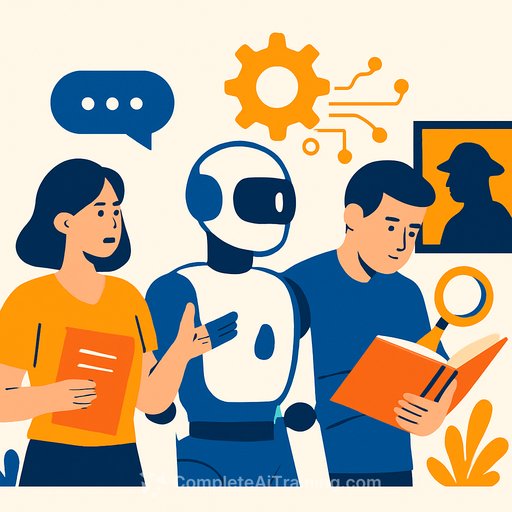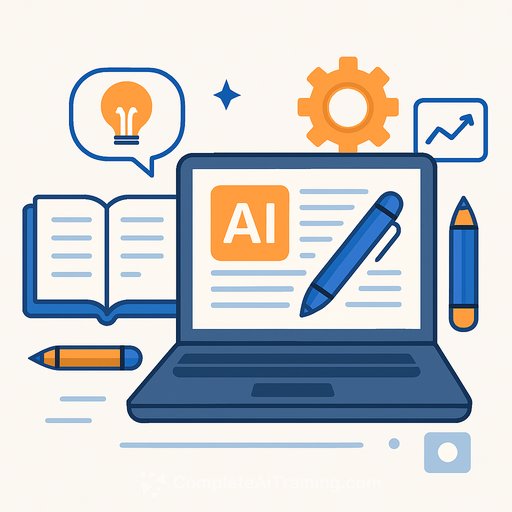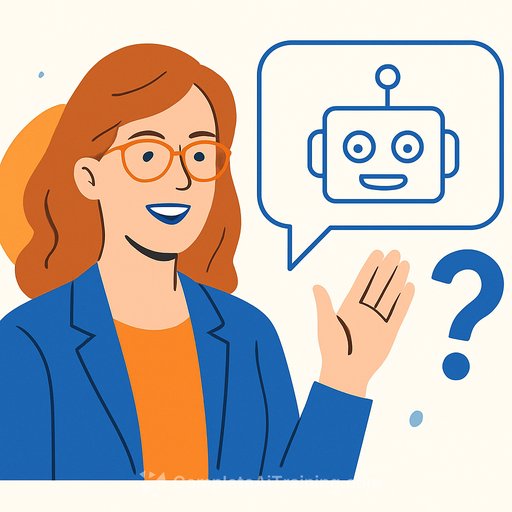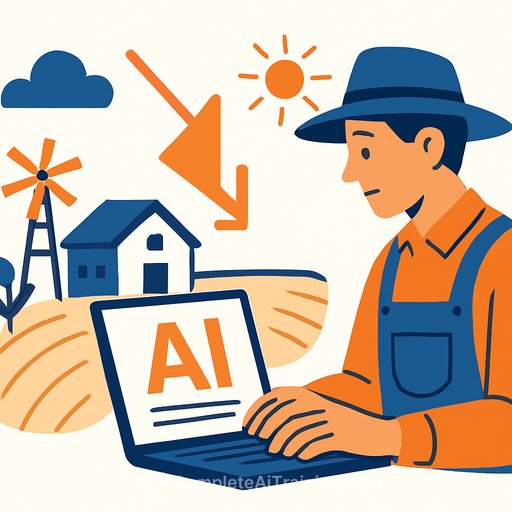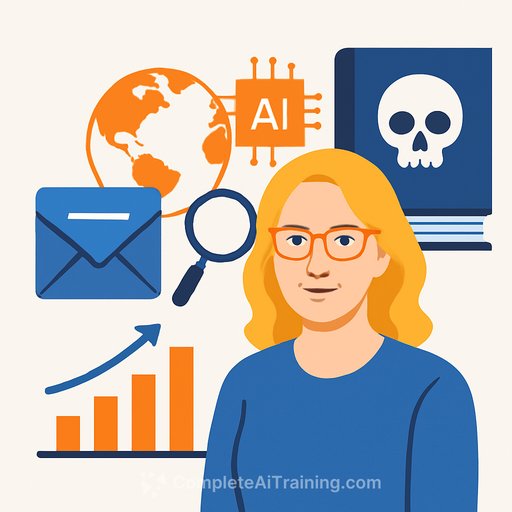Microsoft Report Highlights Jobs with High AI Overlap: What Writers Should Know
A recent Microsoft study analyzed the overlap between human jobs and generative AI tasks, revealing that some occupations share a significant portion of their daily activities with what AI can perform effectively. Interpreters, historians, passenger attendants, and service sales representatives top the list of roles with high AI applicability.
But for writers, this raises an important question: How does AI affect your craft and career? The study provides some clarity.
What Does High AI Overlap Mean?
Microsoft's research team examined months of interaction data with Copilot, an AI assistant, to identify which tasks users most frequently asked AI to complete and how well AI performed those tasks. They scrubbed any personal data to ensure privacy.
The key takeaway is that jobs with high AI applicability involve tasks like gathering information, writing, teaching, and advising—activities where AI assistance is already common.
Where Do Writers Fit In?
Writers and authors rank high on the list, indicating that many of the tasks they perform overlap with those AI can handle. For example, drafting content, brainstorming ideas, or generating outlines are tasks AI can support effectively.
However, this doesn’t mean AI will replace writers. Kiran Tomlinson, a senior Microsoft researcher, emphasized that the list is about identifying roles where AI can be useful, not about predicting job elimination. AI tools can serve as assistants, helping writers improve productivity and explore new creative directions.
Human Touch Still Matters
Some jobs, like broadcast announcers, also show high AI overlap, but there’s uncertainty about whether audiences will accept AI-generated voices or commentary without a human element. This highlights a broader truth: some roles require uniquely human skills.
Experts suggest that while AI will change how writers work, the demand for human creativity, judgment, and emotional insight remains strong. These are areas where AI support can augment, not replace, human expertise.
Preparing for an AI-Enhanced Writing Career
Given AI’s growing presence, writers can benefit from learning how to collaborate with AI tools. Developing skills in prompt engineering, AI-assisted editing, and content strategy can provide an edge.
For those interested in exploring AI tools relevant to writing, resources like Complete AI Training’s copywriting AI tools offer practical options to enhance your workflow.
Jobs Less Impacted by AI
The Microsoft study also identified jobs with low AI applicability. These roles generally require physical, hands-on work with people, such as nursing assistants, phlebotomists, and hazardous materials removal workers.
This contrast underscores that AI's influence is currently strongest in office-based, knowledge work—writing included.
What You Should Keep in Mind
- AI is a tool that can handle routine or information-heavy writing tasks but lacks human creativity and nuance.
- Writers who learn to work alongside AI may increase efficiency and open up new opportunities.
- Soft skills like empathy, storytelling, and critical thinking remain vital and difficult to automate.
- AI’s impact on jobs will likely be gradual, providing time to adapt and acquire new skills.
For writers looking to stay ahead, exploring AI education is a smart move. Check out Complete AI Training’s latest AI courses to find practical courses that fit your needs.
Understanding AI’s role in writing helps you leverage its strengths while maintaining the uniquely human voice that readers value.
Your membership also unlocks:

